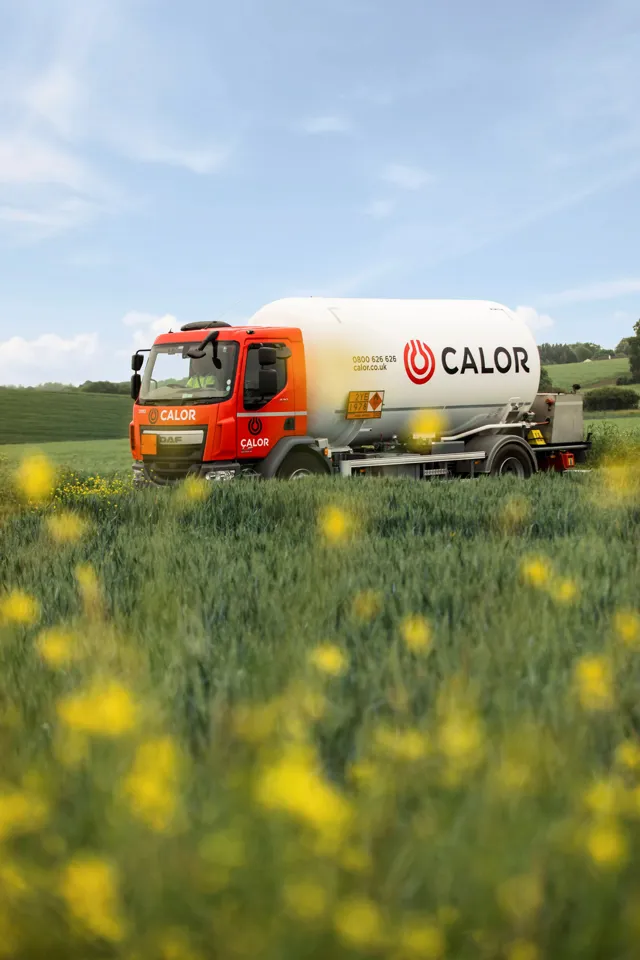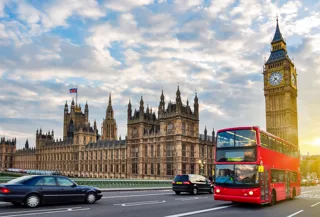The Government must do more to develop a nationwide gas vehicle refuelling network to improve air quality, says Calor.
The Government last week published its new clean air strategy to set out how it will work to reduce emissions from transport, homes, farming and industry.
This includes new requirements for wood burning stoves, open fires and agriculture, but industry experts from environmental groups, vehicle manufacturers and health representatives are claiming the scheme is vague on the subject of roadside emissions.
Mark Gilks, transport specialist from Calor, said: “We have long advocated that there should be tighter restrictions on pollutants from vehicles as the UK moves to improve air quality.
“In the absence of any new ideas to tackle roadside pollution, we argue that more should be done to encourage hauliers to invest in gas-vehicle, low emission technology.
“Many operators talk to us about the challenges they face in investing in green fleet technology, particularly for longer journeys where electric vehicles cannot deliver the range required.
“Gas-based fuels have a critical role to play here. Reports from Policy Exchange demonstrate that gas-based fuels including liquefied petroleum gas (LPG), BioLPG and liquefied natural gas (LNG or CNG) are already a proven solution, enabling fleet managers to markedly improve emissions from the vehicles, with a fast return on investment.
“This includes substantial reductions in dangerous particulates such as NOx and SOx.
“However, for this to work without hauliers compromising operational efficiency, Government must do more to develop a nationwide refuelling network, especially for natural gas-fuelled vehicles.”

















Login to comment
Comments
No comments have been made yet.